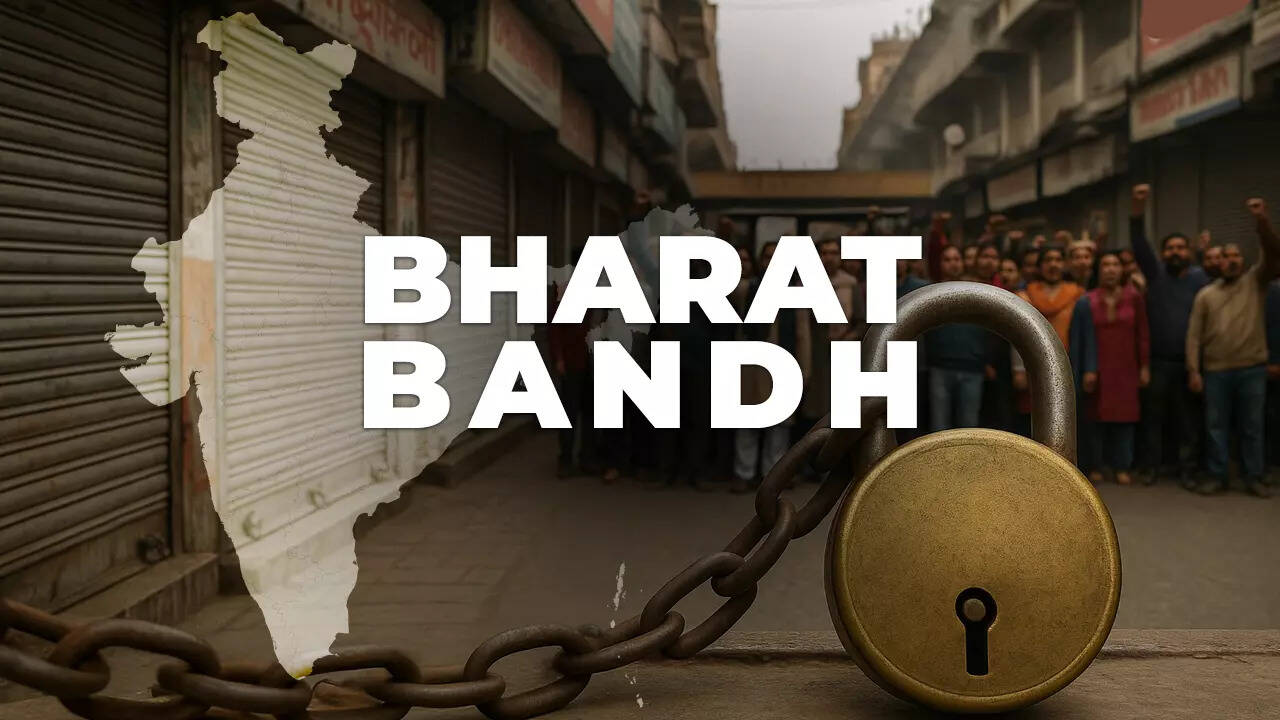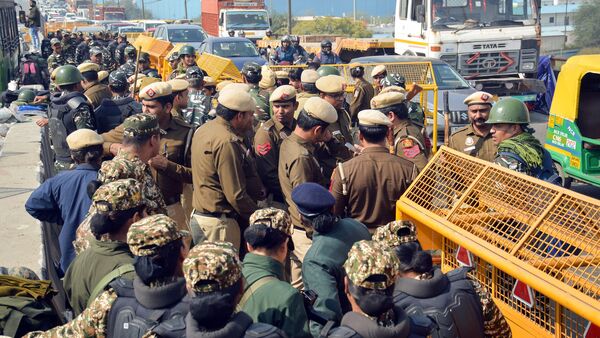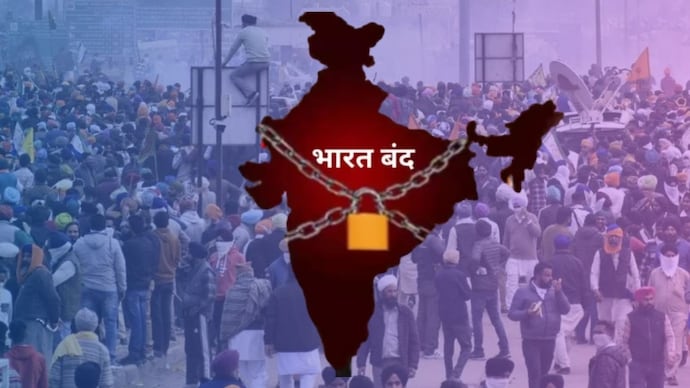India is bracing for a major Bharat Bandh on Wednesday, July 9, as over 25 crore workers from both formal and informal sectors prepare to go on a nationwide strike. Public services are expected to face major disruptions, while schools and private offices are likely to remain unaffected.
The strike has been called by a joint platform of 10 central trade unions, including the AITUC, INTUC, CITU, and SEWA, along with support from farmers’ organisations and public sector employees.
Why the Bharat Bandh?
The protesting unions accuse the central government of:
Enforcing anti-worker, anti-farmer, pro-corporate policies.
Diluting labour rights through the four new labour codes.
Ignoring rising unemployment, inflation, and youth joblessness.
Cutting public spending in healthcare, education, and civic services.
Promoting hiring of retirees over fresh employment.
Suppressing protest voices using Public Security Bills.

Services Likely to Be Affected:
Banks and insurance offices
Postal services
Coal mines and factories
Public transport in various states
Railways: No official strike, but possible delays
Government offices and PSUs like NMDC, Steel Authority
Farmer-led protests and road blockades are also expected in rural zones.
What Will Stay Open:
Schools and colleges
Private offices
Hospitals and emergency services
Air travel and metro services

Who’s Participating?
Workers from:
Trade unions (AITUC, INTUC, HMS, etc.)
Railways and coal industry
Construction, mining, postal sectors
Self-employed and informal sector workers
Farmer and rural worker groups (Samyukta Kisan Morcha)
Key Demands:
Scrap the four controversial labour codes.
Create jobs for India’s youth (65% of population under 35).
Fill vacant government positions.
Expand MGNREGA to cities and raise wages.
Restore worker rights to unionise and strike.


